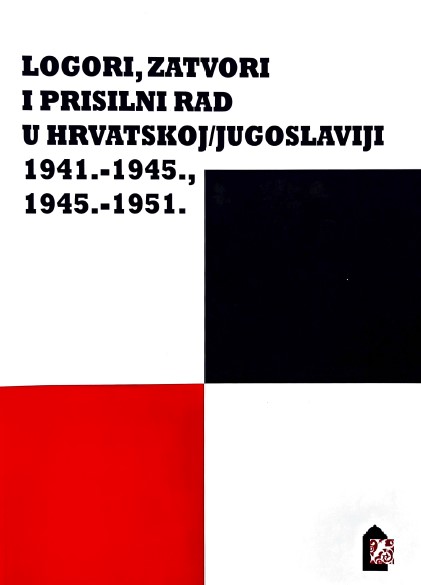Wehrmacht, NDH, evakuacija, deportacija i prisilni rad stanovništva u Dalmaciji tijekom 1944. godine
German Wehrmacht, Independent State of Croatia, Evacuation and Deportation of Population and Forced Labor in Dalmatia during 1944
Author(s): Nikica Barić
Subject(s): Military history, Government/Political systems, Studies in violence and power, WW II and following years (1940 - 1949), Fascism, Nazism and WW II, Penal Policy, Peace and Conflict Studies
Published by: Hrvatski institut za povijest
Keywords: Dalmatia; Independent State of Croatia; German Wehrmacht; Evacuation of Civilians; Deportation; Forced Labor; Displaced Persons;
Summary/Abstract: In September of 1943 the Kingdom of Italy capitulated and German army entered Italian annexed parts of Dalmatia. The Independent State of Croatia (ISC) was able to return these areas under its control, after they were ceded to Italy in May of 1941. The German army still had to secure the coastal area from Tito’s partisans and possible landing of the Western Allies. In 1944 the Ger-mans prepared plans for the defense and fortification of the eastern Adriatic coast. One of the security measures of the German army was the evacuation of able bodied men from Dalmatian islands because they were considered to be possible hostile and prone to join the partisans and help the Western Allies in the case of their landing in that areas. The Germans evacuation of islands and some parts of the Dalmatian coast, as well as German use of local population for forced labor caused panic and scare among people. This put ISC authorities in a difficult situation - Germans were their allies and they depended on their support and presence of a German army. At the same time ISC representatives, especially those in Dalmatia understood that they need to win the hearts and minds of the population in that area, especially after the period of Italian presence and due to the fact that many Dalmatians joined Tito’s partisans. They realized that German repressive measures would disrupt such attempts and often protested against German evacuation and deportations of local population. But such protests were mostly disregarded by Germans who could impose their own decisions on the much weaker and sometimes powerless ISC authorities.
Book: Logori, zatvori i prisilni rad u Hrvatskoj/Jugoslaviji 1941.-1945., 1945.-1951.
- Page Range: 111-132
- Page Count: 22
- Publication Year: 2010
- Language: Croatian
- Content File-PDF

